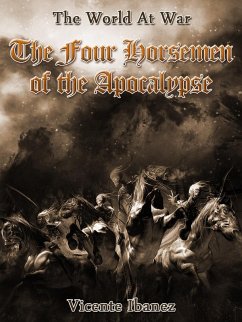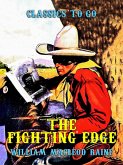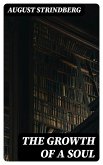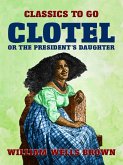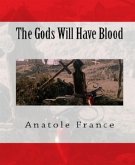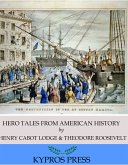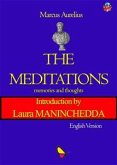'The Four Horsemen of the Apocalypse' presents a new view point from which to see and feel World War I, the Great War. All characters see the war through the eyes of their own country. It is rich and varied in scene, human in its characterisations, interesting throughout, and above all, refreshingly straightforward and conclusive on the subject of the gers and their methods of warfare.
Dieser Download kann aus rechtlichen Gründen nur mit Rechnungsadresse in A, B, BG, CY, CZ, D, DK, EW, E, FIN, F, GR, HR, H, IRL, I, LT, L, LR, M, NL, PL, P, R, S, SLO, SK ausgeliefert werden.
Hinweis: Dieser Artikel kann nur an eine deutsche Lieferadresse ausgeliefert werden.

